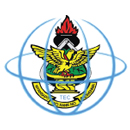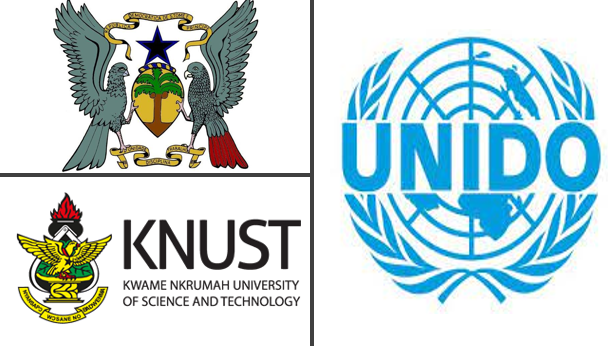The Energy Commission (EC) has initiated a project to have Rooftop Solar System in 200,000 houses across the
country, for basic household lighting by the close of the year, to reduce the pressure on the national grid.
The Rooftop Solar System Project seeks to achieve a reduction of 100 megawatts peak load on the national grid,
as the country grapples with inadequate power supply.
In furtherance to the initiative, the Commission yesterday held a stakeholder meeting to discuss the issue and
collectively define the enabling environment market regime for the sustainable deployment of solar housing
system.
In attendance were officials from the financial institutions, Ministries of Power, Water Resources, Work and
Housing, Ghana Real Estate Development Association, the power sector regulators, dealers in the solar system
and other development partners.
Dr Kwame Ampofo, Board Chairman of EC, who made a presentation on the need for immediate deployment of
solar housing system, said if all homes could have their lighting loads and other small appliances such as radios
and fans removed from the naitonal grid and placed on the solar home system, an average home size could
achieve a grid load reduction.
He said the EC was “proposing a market approach for self sustaining deployment of the solar system,” adding
that the consumption structure indicated that industrial sectors of the economy held the “biggest potential for
making significant impact on the power supply system through demand management.”
“For this reason we have selected the residential sector, which accounts for 35 per cent of electricity consumption
in the country, as major culprit in power consumption in Ghana, to be avenue for achieving significant reduction in
the load profile of our power system,”Dr Ampofo added.
He said the utility providers were compelled to respond to the energy challenges by imposing a load shedding
regime of between 350MW and 600MW.
Dr Ampofo recounted that during the 2007 power crisis, the Commission led a nationwide replacement of
incandescent filament light bulbs with more efficient compact fluorescent lamps resulting in nearly 200 MW
reduction in power demand, thus averting the immediate construction of a new power plant of that magnitude.
He added that during the FIFA World Cup competition in Brazil in 2014, the EC collaborated with Metro TV to
constantly remind viewers to turn off their deep freezer from 6pm to 12 pm (peak hour) resulting in a 70MW drop
in the load at no cost.
While the stakeholders welcomed the idea of incorporating solar energy technologies in the building industry,
issues of cost and the need for the government to provide tax rebate to promote solar energy came out strongly.
Under the current tariff regime, the importation of complete set of solar system on the same invoice attract zero
rate tax, but importers of solar system still complain of taxes being levy on their imports.
By Salifu Abdul-Rahaman
Copyright © 2015 — The Ghanaian Times. All Rights Reserved.








